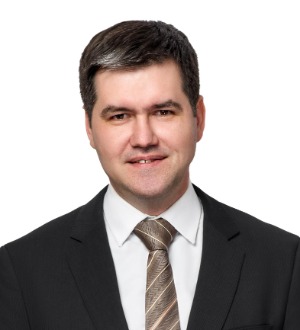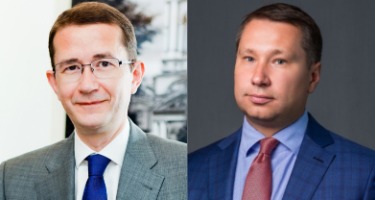On 1 January 2020, a law that regulates digital investment (crowdfunding) relations and defines legal basis for the activities of investment platform operators in organizing retail financing (hereinafter - the Law) comes into force[1].
The Law was adopted as a part of implementation of the Russian National Program “Digital Economy in the Russian Federation”[2] which creates the legal ground of digital development, information infrastructure and ensures information security.
How to distinguish a crowdfunding platform from other online investment resources?
The Law regulates investment in projects only within the framework of special online-systems (hereinafter – the Investment Platform). Provision of access to the Investment Platform and its administration is carried out by the operator of the Investment Platform (hereinafter – the Operator).
Requirements for the Investment Platform:
Requirements for the Operator:
The Central Bank control over the Operators’ performance:
Only Russian legal entities and individual entrepreneurs will be able to attract investments using the Investment Platform. However, both legal entities and individuals will be able to act as Investors.
Investment process
Investment parties conclude contracts with the Operator: the person investing (hereinafter - the Investor, Investors) enters into a service contract (investment assistance) with the Operator; the person attracting investments - contract of accession.
The person attracting investments shall place an investment proposal on the Investment Platform. The proposal should contain the essential conditions of the future investment agreement, the validity period of the offer and the minimum amount of possible investments. In order to accept the offer the Investor should meet the proposal requirements and have a nominal account opened with the Operator.
Investing using the Investment Platform is possible only with non-cash transactions. The obligations (for example, monetary obligations in case of investing by provision of a loan) should be fulfilled by investment parties only by means of the Investment Platform.
Investment methods
The Law highlights the following investment methods provided by the Investment Platforms:
Mechanisms to protect Investors
The Law introduces several investment restrictions:
The Law also gives Investors, who accepted the investment proposal, the right to refuse from entering into agreement and to withdraw all invested funds within five business days from the payment-date. However, this right can be used no later than the expiration-date of the investment proposal[19].
Russian crowdfunding companies appeared long time ago and the industry was expecting the legal framework for the given area.
The Law should positively affect further development of Russian crowdfunding. However, some of the expected matters were not covered by the Law:
Described problematic issues may negatively impact on liquidity of digital rights and on the Investors’ interest in crowdfunding platforms. It also indicates the need to improve the crowdfunding regulation including adoption of the Central Bank by-laws.
Notwithstanding the obvious need for further improvements in the legal regulation of crowdfunding, the Law's adoption is a significant step forward shaping Russian digital legislation, allowing small and medium-sized businesses to use a new source of financing in conditions of legal certainty.
[1] Federal Law No. 259 dated 2 August 2019 “On Attracting Investments Using Investment Platforms and on Amending Certain Legislative Acts of the Russian Federation“.
[2] Passport of the National Program “Digital Economy of the Russian Federation”, approved by the Presidium of the Presidential Council for Strategic Development and National Projects, Minutes No. 7 dated 6 April 2019.
[3] Clause 1 of Art 11 of the Law.
[4] Clause 1 of Art 4 of the Law.
[5] Clauses 1-2 of Art 10 of the Law.
[6] Clause 3 of Art 10 of the Law.
[7] Clause 8 of Art 10 of the Law.
[8] Clauses 8–9 of Art 10 of the Law.
[9] Sub-clause 7 of Clause 1 of Art 2 of the Law. The control body in the field of activities of the Operators is the Central Bank of the Russian Federation.
[10] Sub-clause 1 of Clause 1 of Art 16 of the Law.
[11] Clause 8 of Art 10 of the Law.
[12] Sub-clauses 3, 5 of Clause 1 of Art 16 of the Law.
[13] Sub-clause 4 of Clause 1 of Art 16 of the Law.
[14] Sub-clause 6 of Clause 1 of Art 16 of the Law.
[15] For more information on Russian digital rights, see http://lp.ru/novoe_v_regulirovani
[16] Clause 2 of Art 13 of the Law.
[17] Clause 1 of Art 6 of the Law.
[18] Clause 1 of Art 7 of the Law.
[19] Clause 4 of Art 13 of the Law.



















